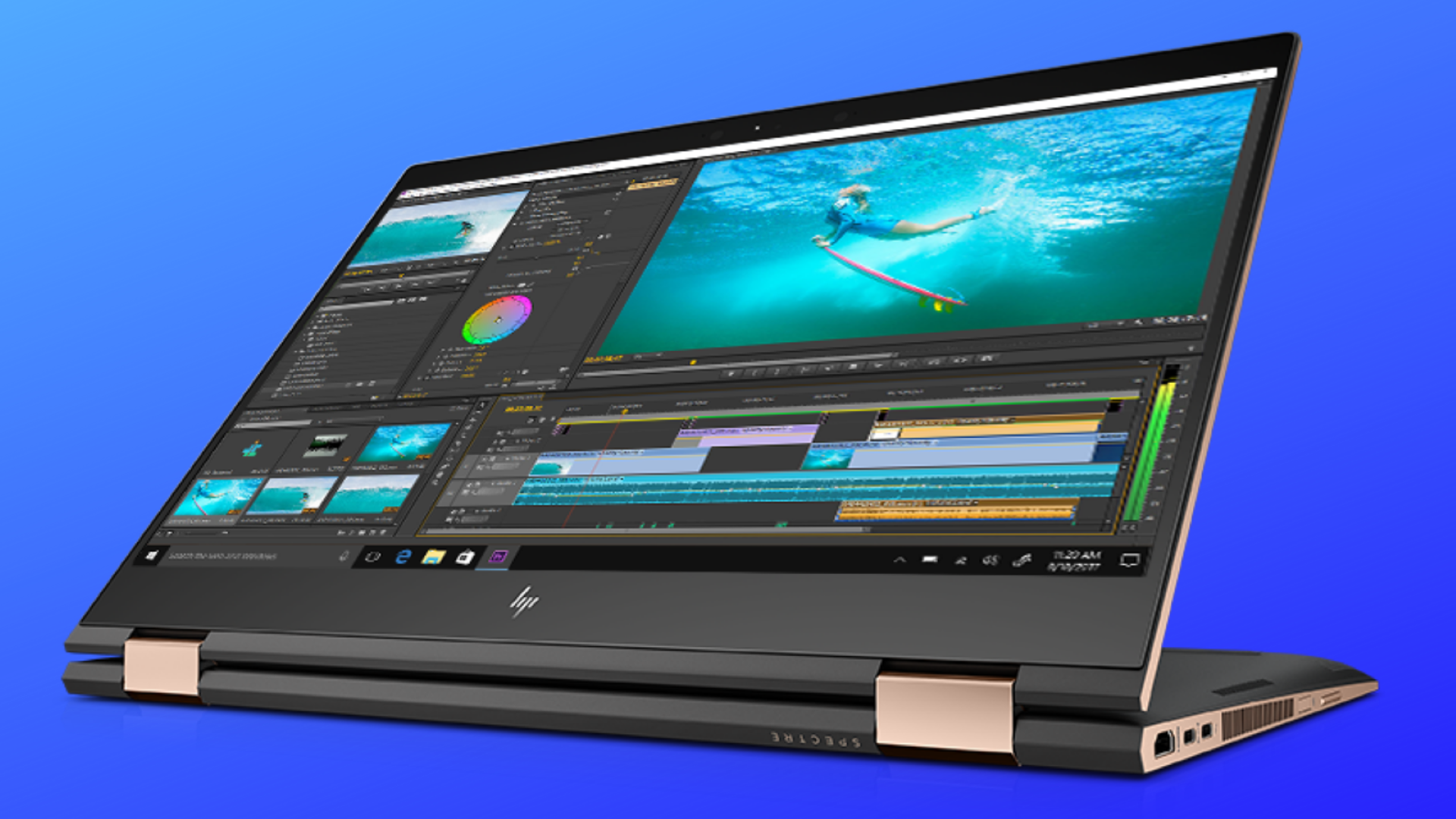
Detachable laptops, worth it?
Laptops
have
come a long way from the giant ‘The Osborne 1’ to the laptops of today. The progression of
technology is
very peculiar, especially the technology that is produced for the mass consumers i.e. ‘you’. You
see the
logical thing to assume is things that are bigger are better and if you are of that notion, I
wouldn’t blame
you and that same logic applies to technology somewhat. Bigger packages often tend towards
better
performance or raw power in technology. For example, let us compare a gaming laptop and desktop,
until very
recently GPUs and CPUs outfitted in laptops were very underpowered versions of their desktop
counterparts;
take the Intel Kabylake
7700K
Core i7-7700K: is a 64-bit quad-core high-end
performance x86 desktop
microprocessor introduced by Intel
in 2017. This processor, which is based on the Kaby Lake microarchitecture, is
manufactured on Intel's
improved 14nm+ process. The i7-7700K operates at 4.2 GHz with a TDP of 91 W and
with a Turbo Boost
frequency of 4.5 GHz for a single active core.
Source: Wikichip
and the mobile equivalent the 7700HK
while both are of the Intel
corei7 line
the 7700K is comparably very powerful; this is because the 7700K is a desktop CPU and has a
higher power
draw when compared to the 7700HK, by drawing more power it is able to perform better. This
doesn’t mean that
the graph of wattage supplied and the performance gained is a linear one, but it is definitely
increasing
for the first section of the graph and then the graph peaks out at a point we call the ‘Peak
efficiency’.
But I digress, performance is not the only factor in the progression of technology, making
technology better
while simultaneously making them smaller and more portable is what consumers want and is the
primary aim
behind any tech mogul these days. Source: Wikichip
This
gets me
back to the topic of my review for today: Detachable laptops. Detachable laptops aka Hybrids aka
laplets aka
2in1s aka convertibles, jeez they have a lot names for these devices don’t they, I will call
them hybrids
for the remainder of this review. Hybrids are essentially devices that can be used as both
tablets and
laptops, hence the unofficial name laplets which is a clever blend of the names ‘Laptop’ and
‘Tablet’. A
tablet is a touch sensitive and a touch enabled device as many of you might already know and
with the ever
growing love for touch enabled devices like most smartphones nowadays Tablets are also very
sought after by
people. They are slim devices that you can fit into your schoolbag for a quick read of your
favorite book in
your lunch break, for checking your social media in between appointments or even to consume
media like
movies and shows while in bed; these are all activities that you can do with your smartphone,
but you must
admit most of these activities are better done or enjoyed with a larger device. So a tablet is
essentially a
device that is slightly smaller and lighter than a laptop, but larger than your average smart
phone. There
are caveats to tablets however they are mostly less powerful than laptops and if you want more
punch out of
your device a laptop is your safest bet. What if you want the best of both worlds? Well, the
closest answer
to that question is hybrids. Hybrids are usually fully stocked ultra-books that have a touch
enabled screen
and that can detach from the body of the laptop to serve as a more portable tablet. The way
hybrids are
engineered varies with different devices for example there are tablets that have certain parts
in the
keyboard (detachable area) which may include a discrete GPU or data storage like a hard drive,
there also
might be devices that have every single part packed in what is the predominantly the screen area
and a
detachable keyboard is given for work that involves a physical keyboard. So are these devices
worth it?
Well, that depends on who you ask in my opinion you are better served with having a laptop for
your
intensive tasks, but I would be remise if I didn’t say that I understand their value. If you are
a person
who is constantly mobile and you wish to have a small device that is close to being the best of
both worlds
then go ahead and get a 2in1, but be careful while choosing your device and choose the one that
is the best
suits your needs. I will be explaining the differences between the various 2in1s out there and
which to
choose for certain situations in a post very soon so stay tuned.
This is Kerod with ICT
signing off.

